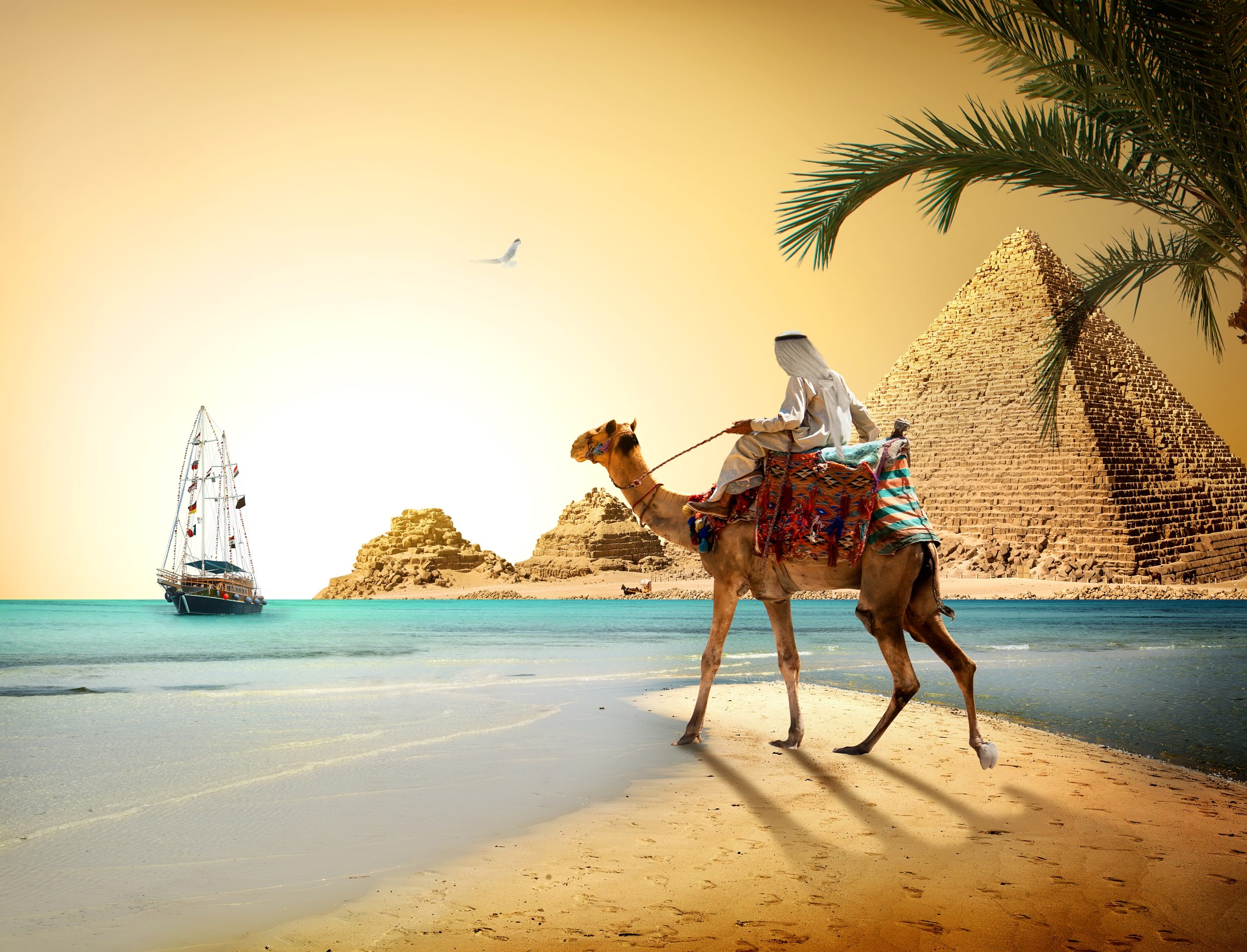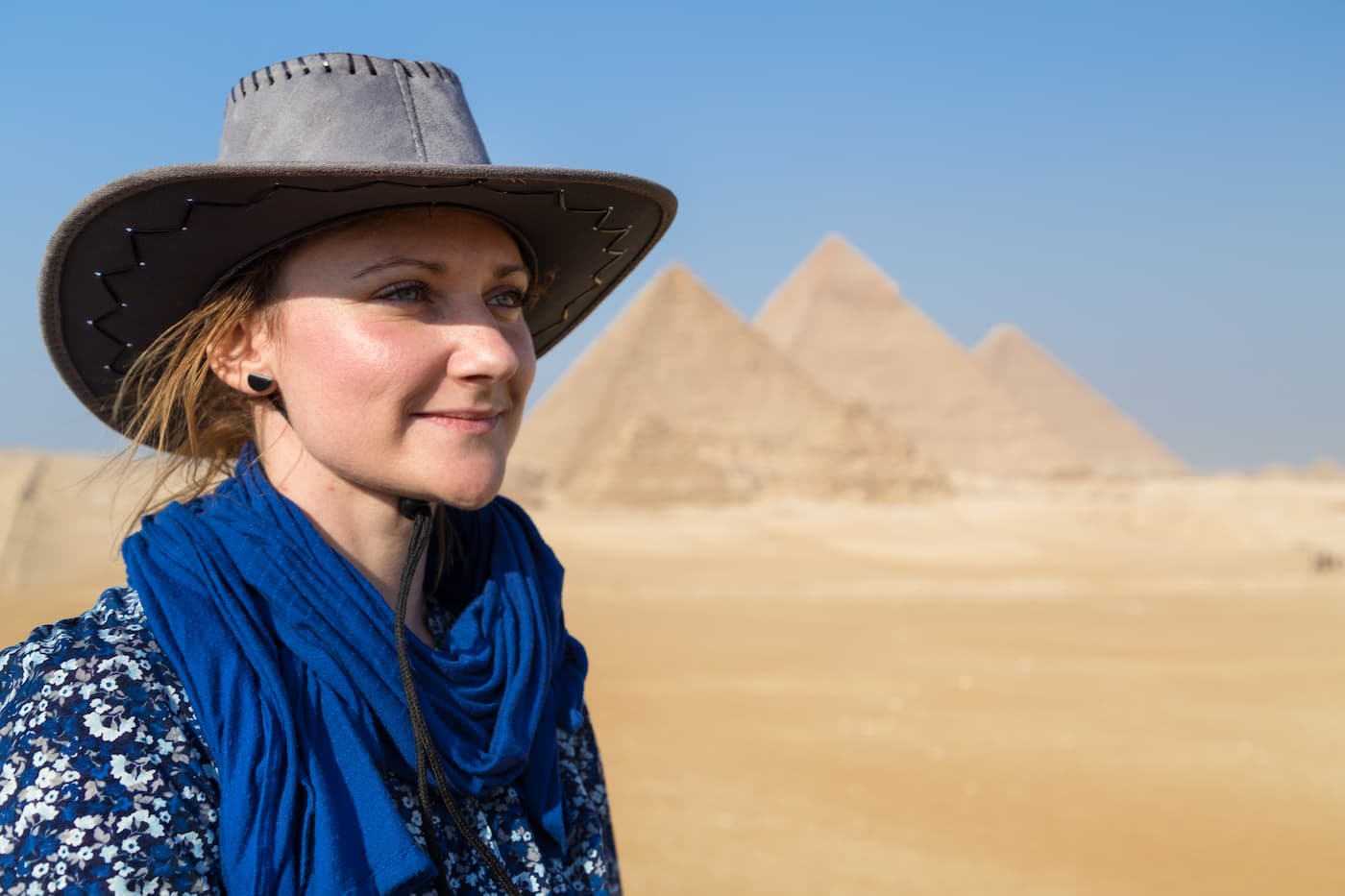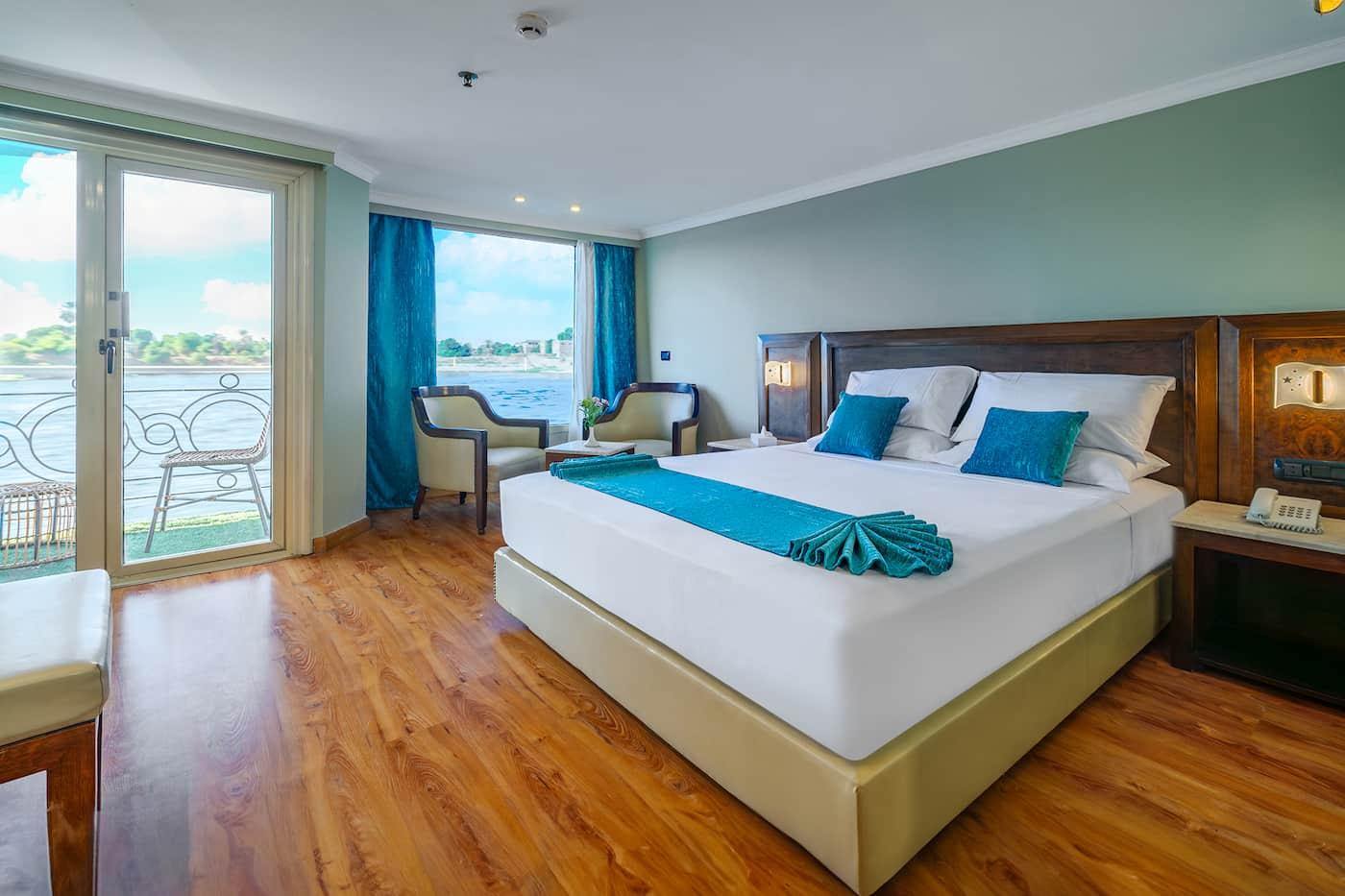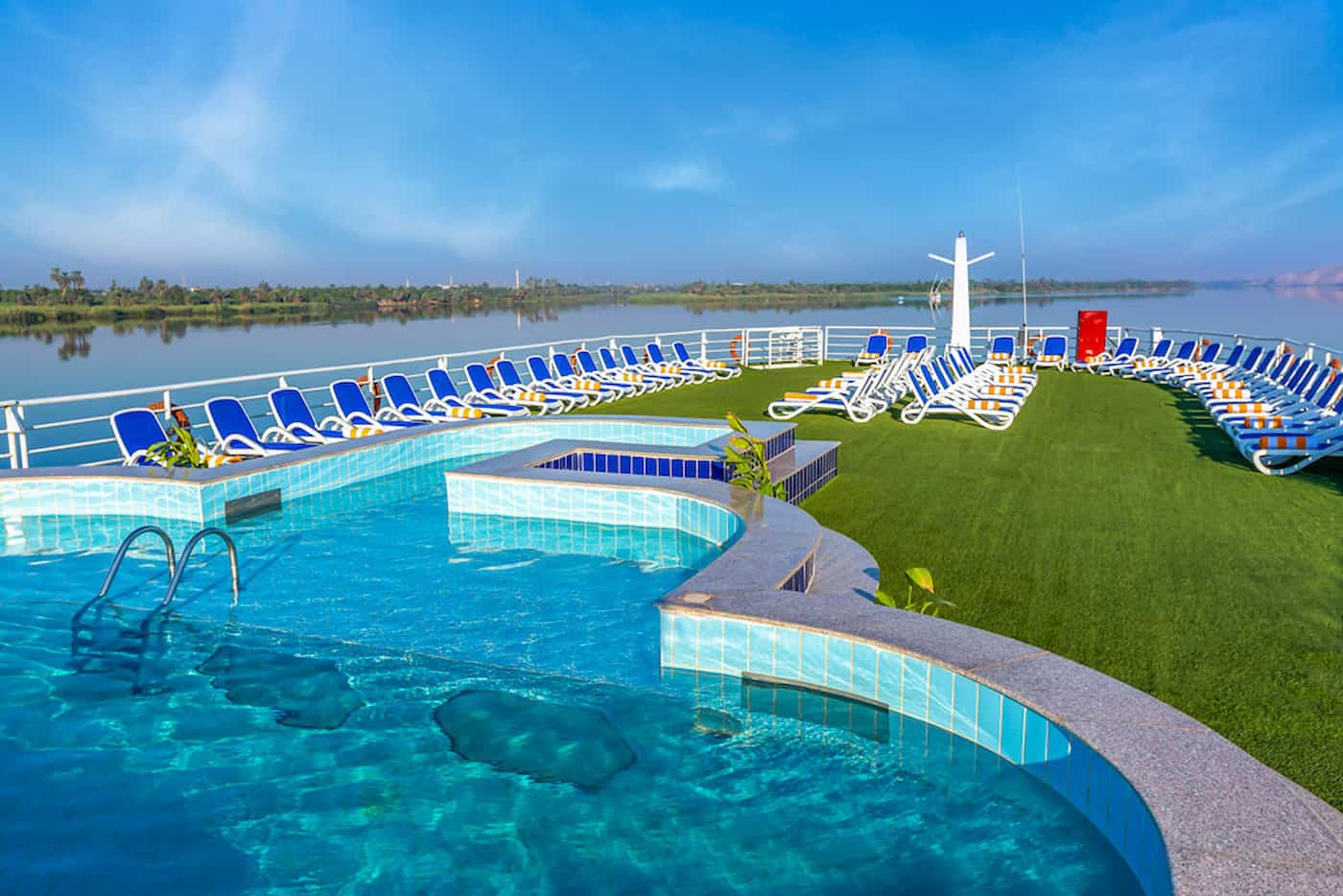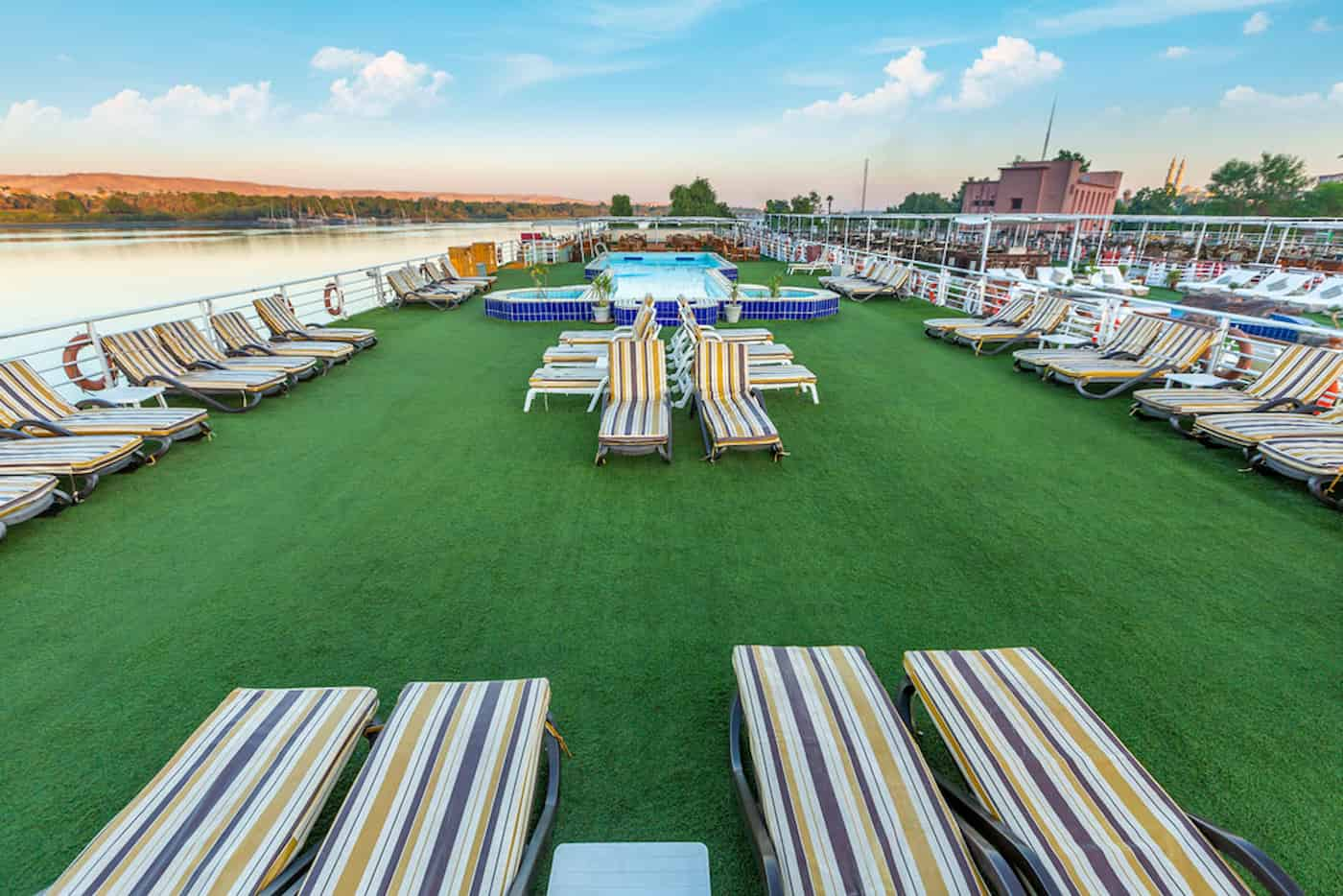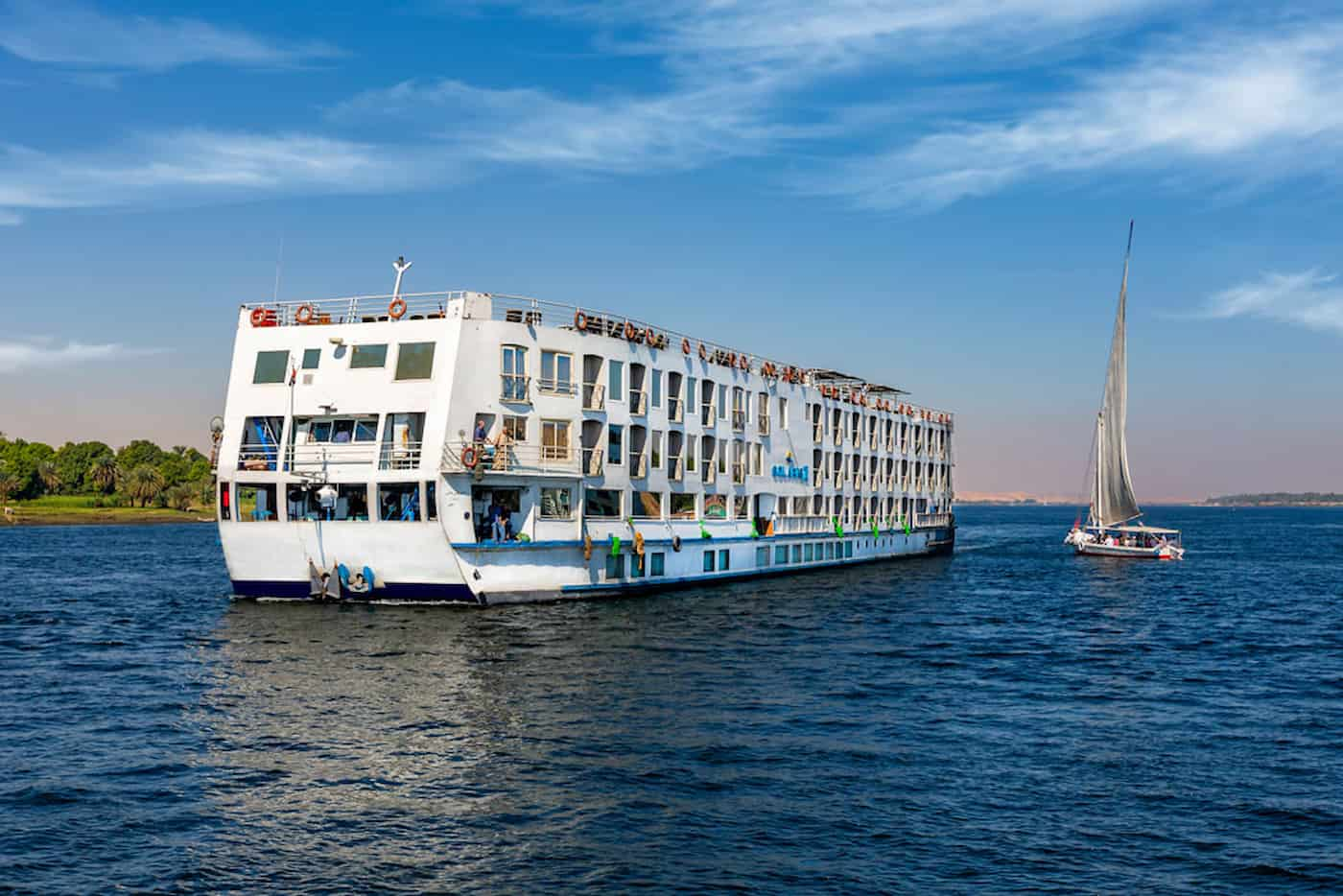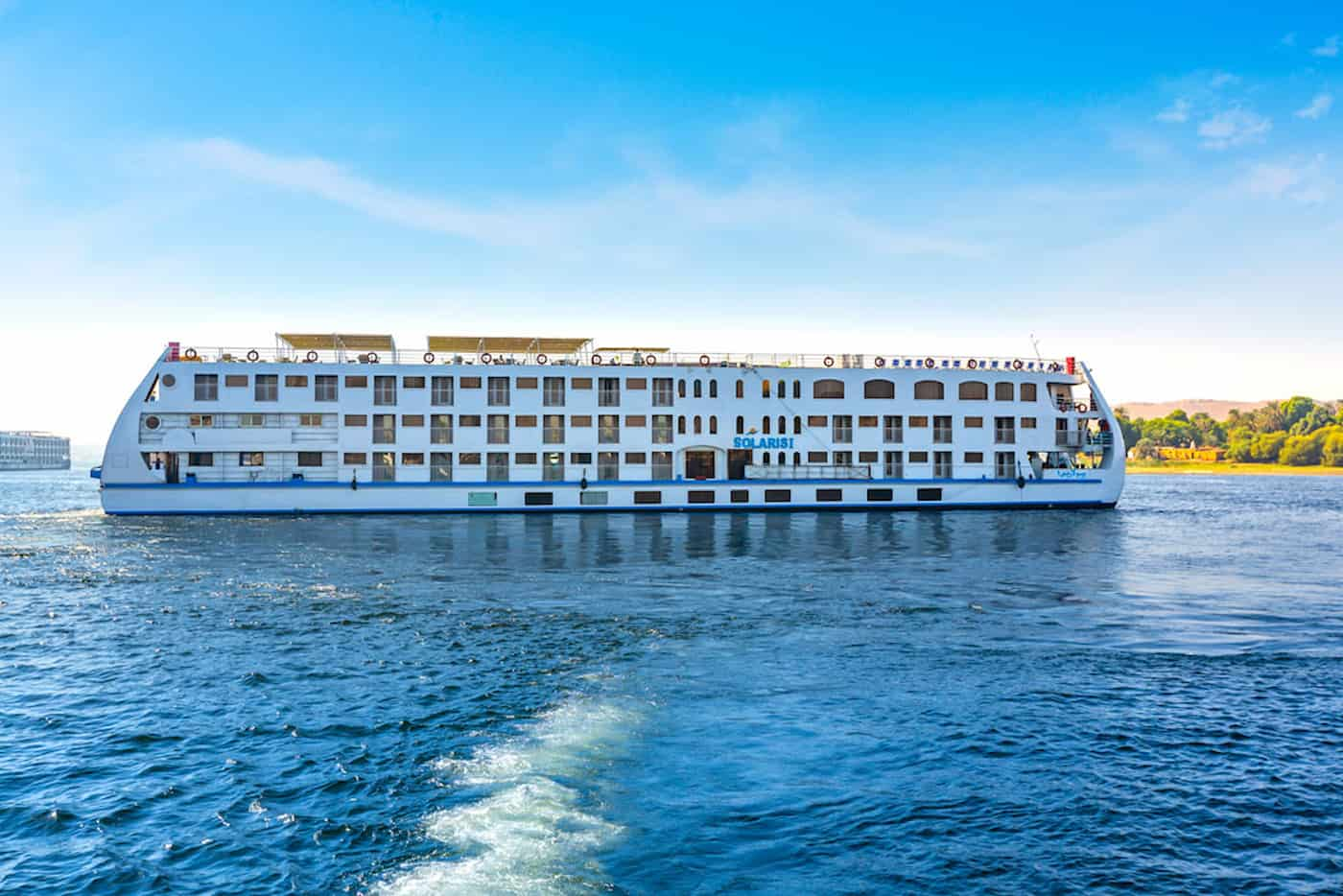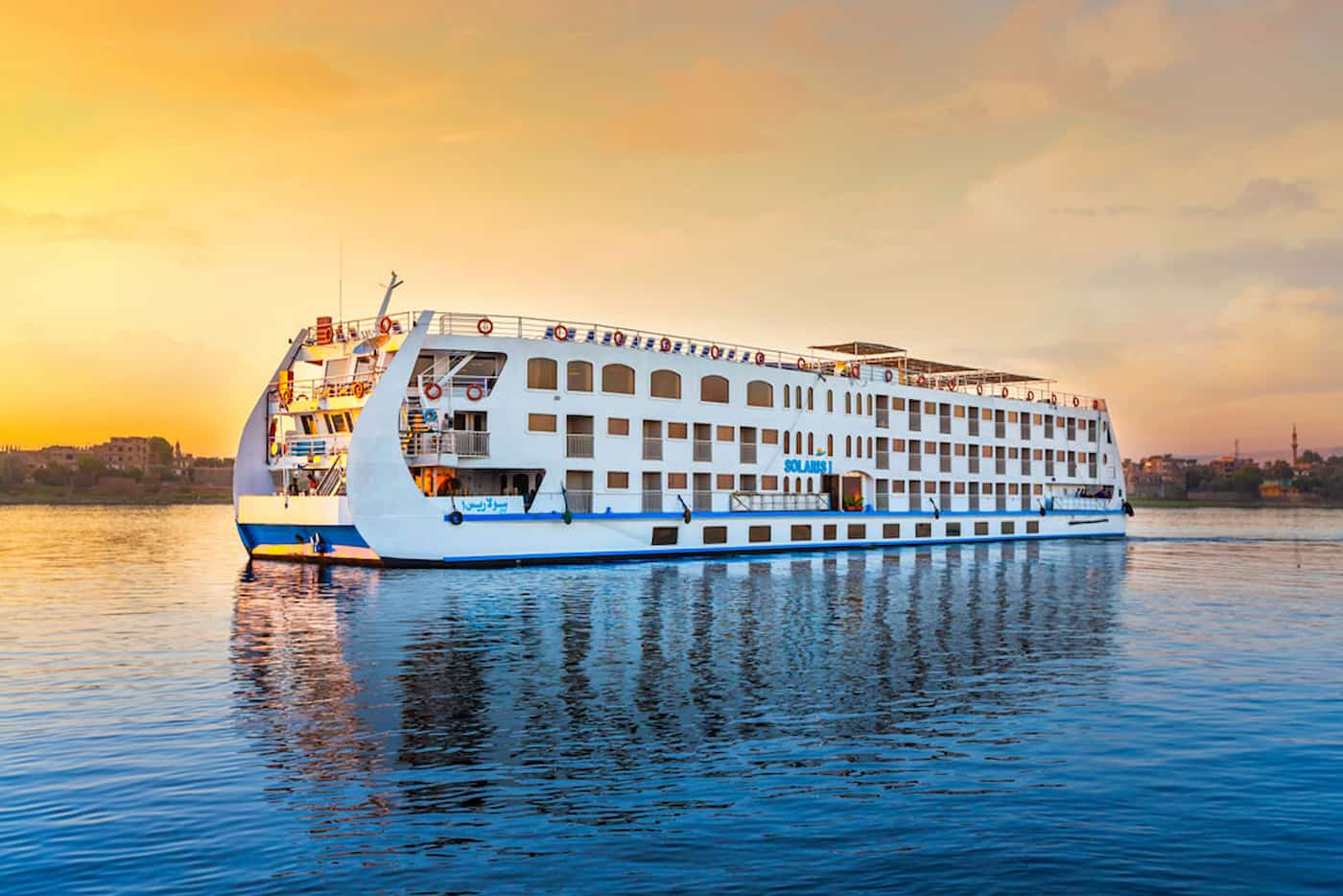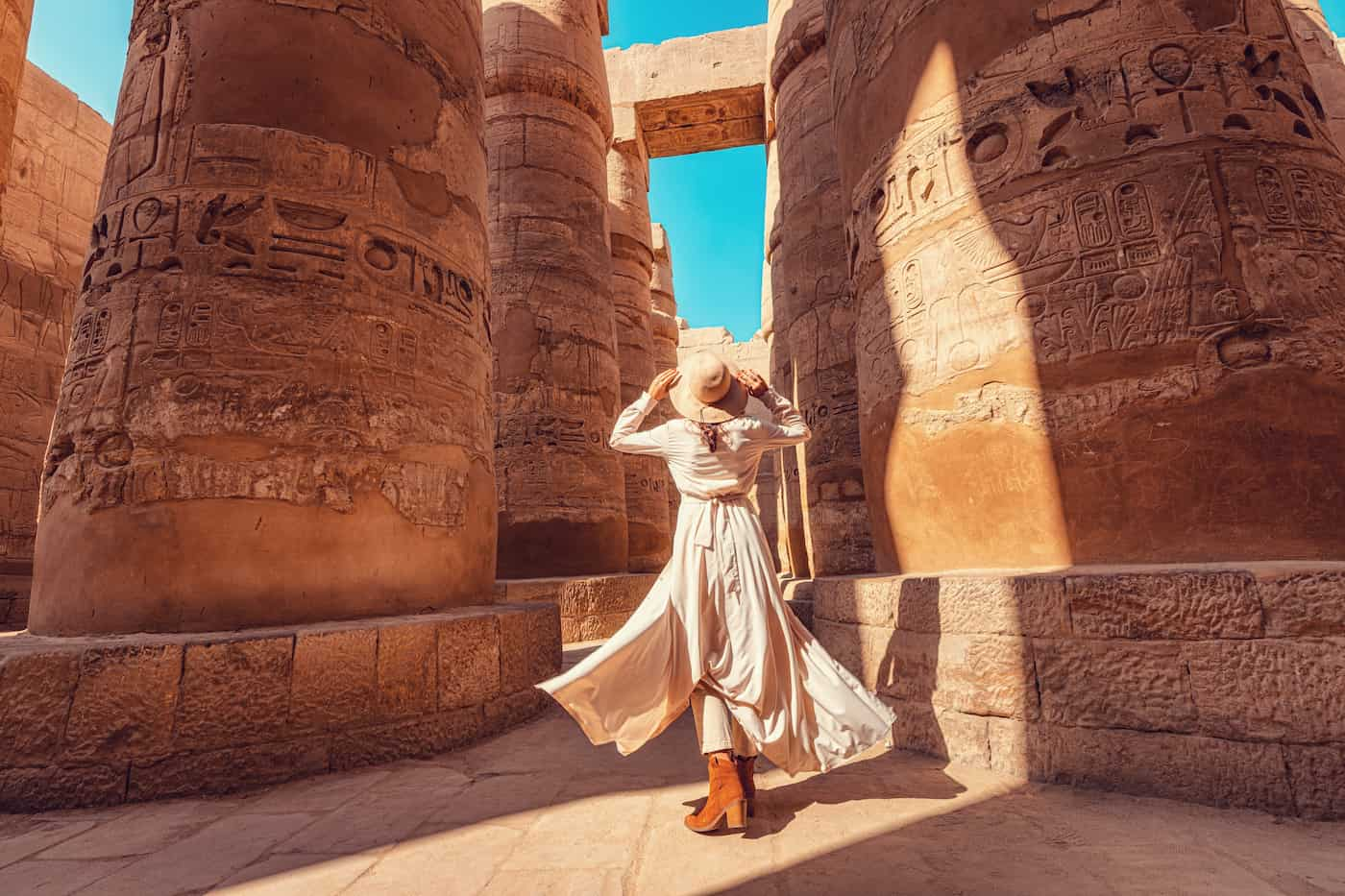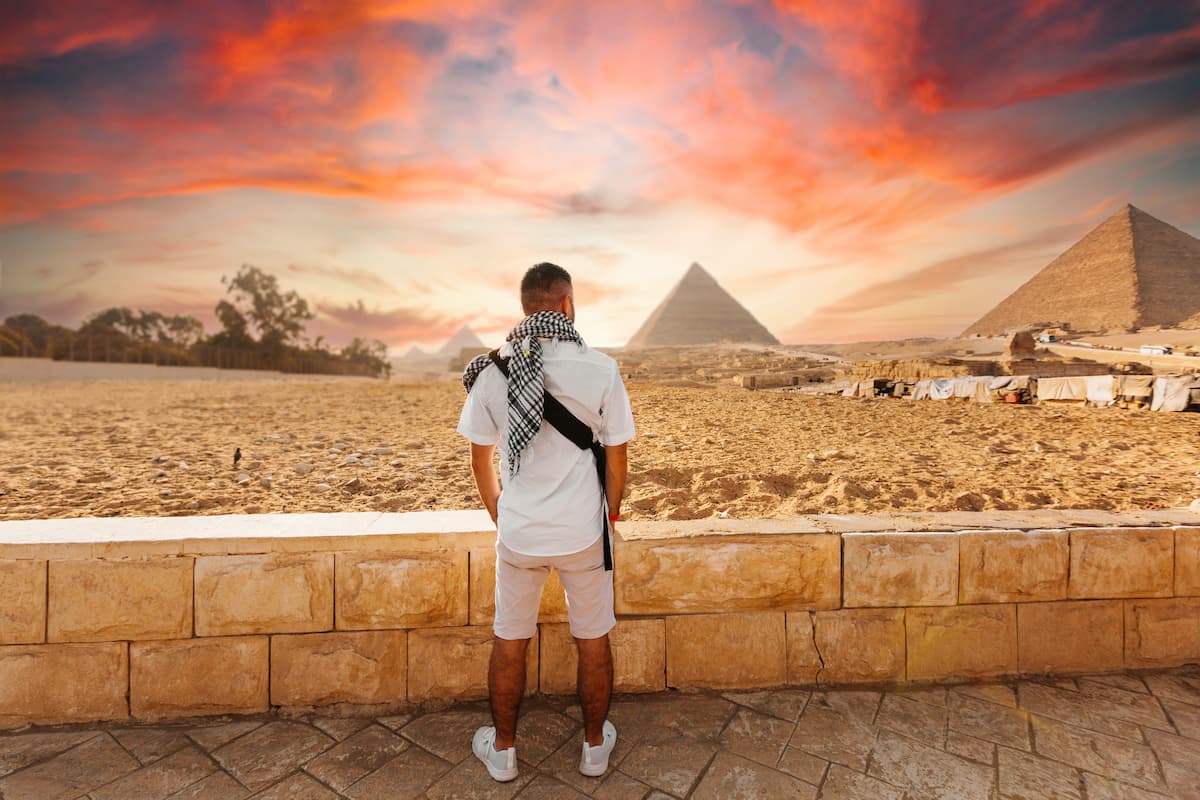Facts About Egypt | Located, Fun Facts & Facts for kids
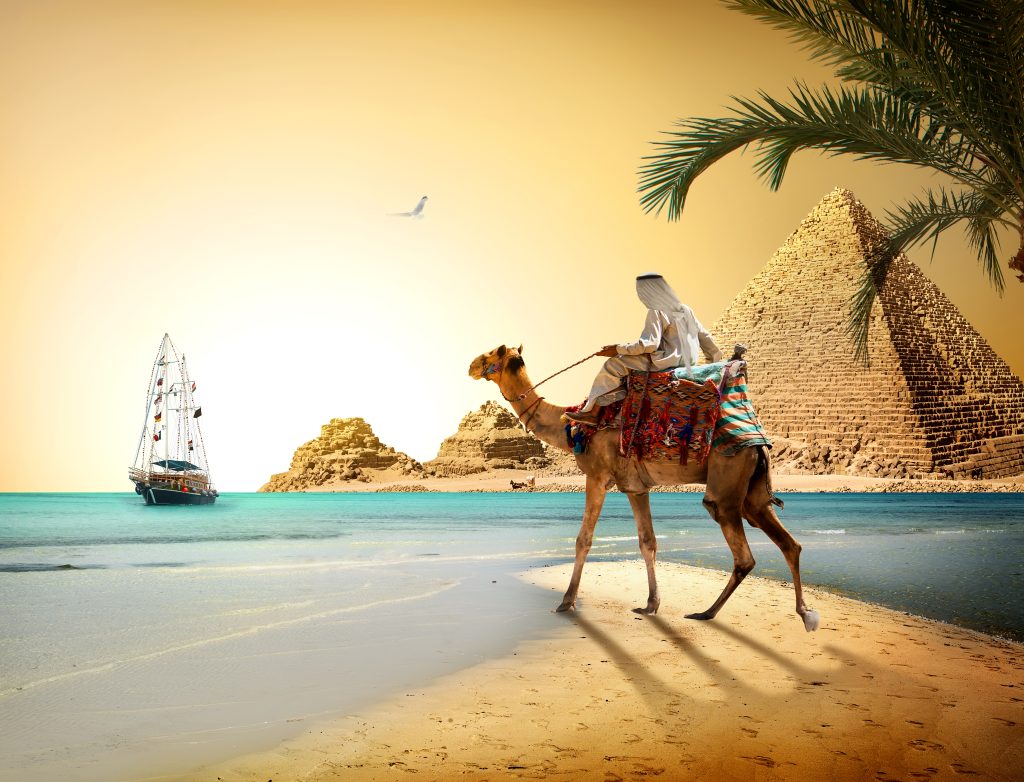
Facts About Egypt
The article presents essential information that includes details about its location and kid-friendly facts alongside fascinating aspects of Ancient Egypt for visitors who plan to explore the country or anyone interested in learning about it.
Where Is Egypt Located?
Egypt occupies the northern part of Africa, with its Sinai Peninsula extending into Asian territory. Egypt shares borders with the Mediterranean Sea on the northern side and the Red Sea on the eastern side. The territory of Egypt borders Libya to the west, and Sudan lies to its south. The strategic location of Egypt positions the country as a cultural and economic bridge between Africa and the Middle East. One of the most famous features of Egypt is the Nile River.
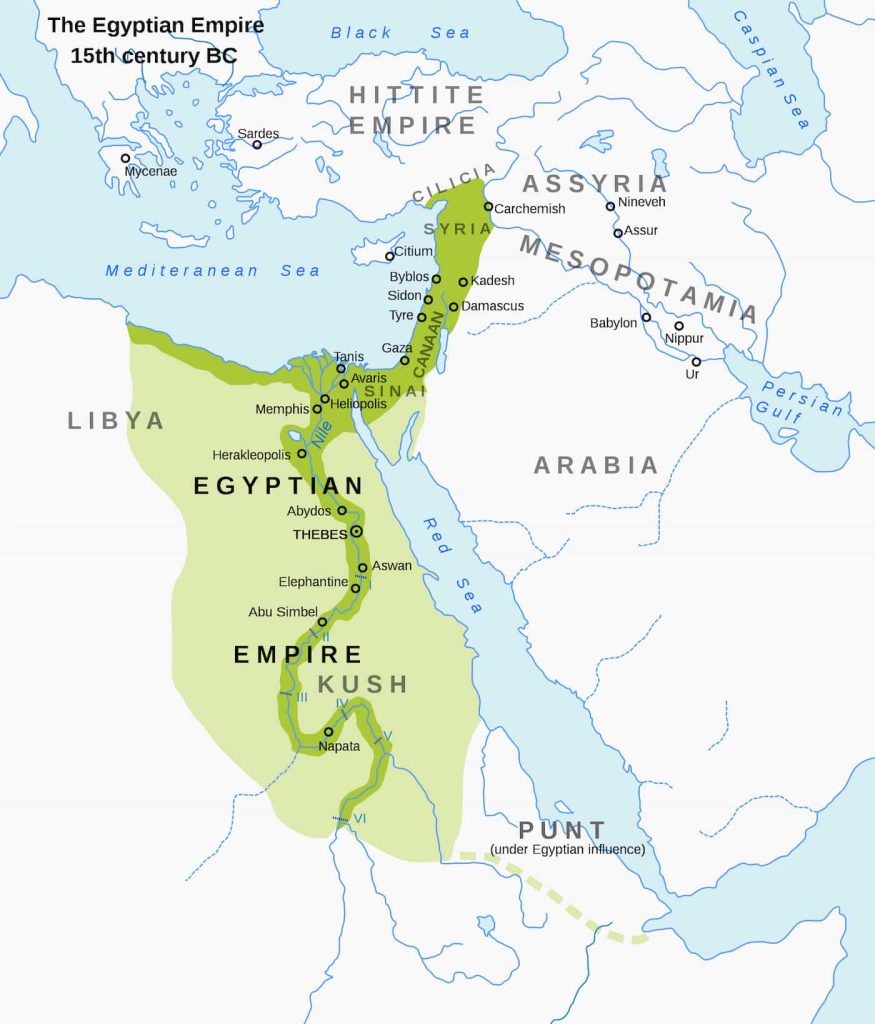
Egypt Located
The Nile River flows from southern areas toward northern regions before it enters the Mediterranean Sea. Throughout thousands of years, the Nile River served as Egypt’s essential life-giving source. The ancient Egyptians constructed their settlements along riverbanks and employed water from the Nile for agricultural purposes, while using it as their main transportation route. The major Egyptian cities consist of Cairo, which serves as the capital, and Alexandria, together with Luxor and Aswan. Every city presents its unique attractions to visitors. Visitors to Cairo discover the active city life and can easily reach the Giza Pyramids. The city of Luxor features both historical temples alongside the Valley of the Kings. Travelers find relaxation along the Nile River in Aswan.
Fun Facts About Egypt
Beyond its famous pyramids and camels, Egypt presents many interesting aspects to discover. The following section presents interesting and unexpected details about this extraordinary nation:
- The Great Pyramid of Giza remains the sole surviving wonder from the ancient world.
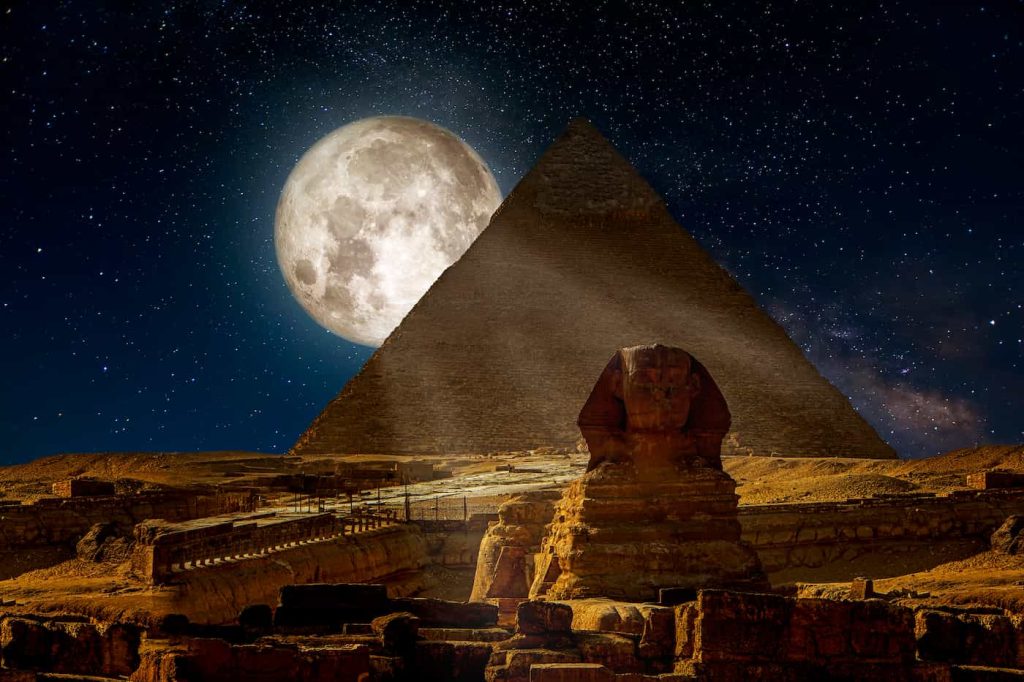
Great Pyramid
- Cleopatra, who became one of Egypt’s most famous queens, originated from Greek ancestry.
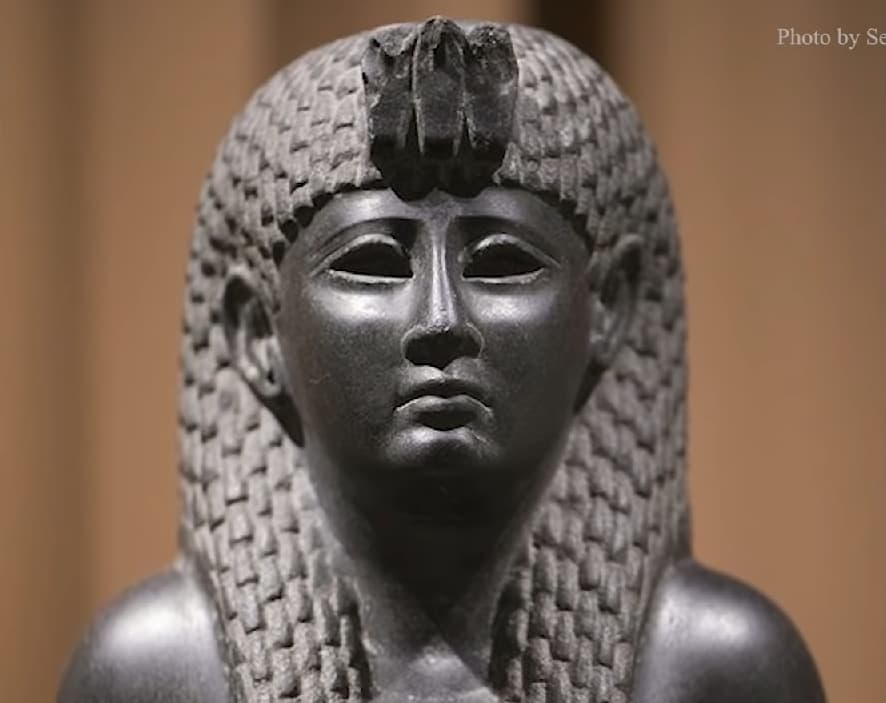
Cleopatra
- The ancient Egyptians considered cats to be sacred animals. The practice of keeping household cats for pets was widespread in families who believed these animals brought them fortune.
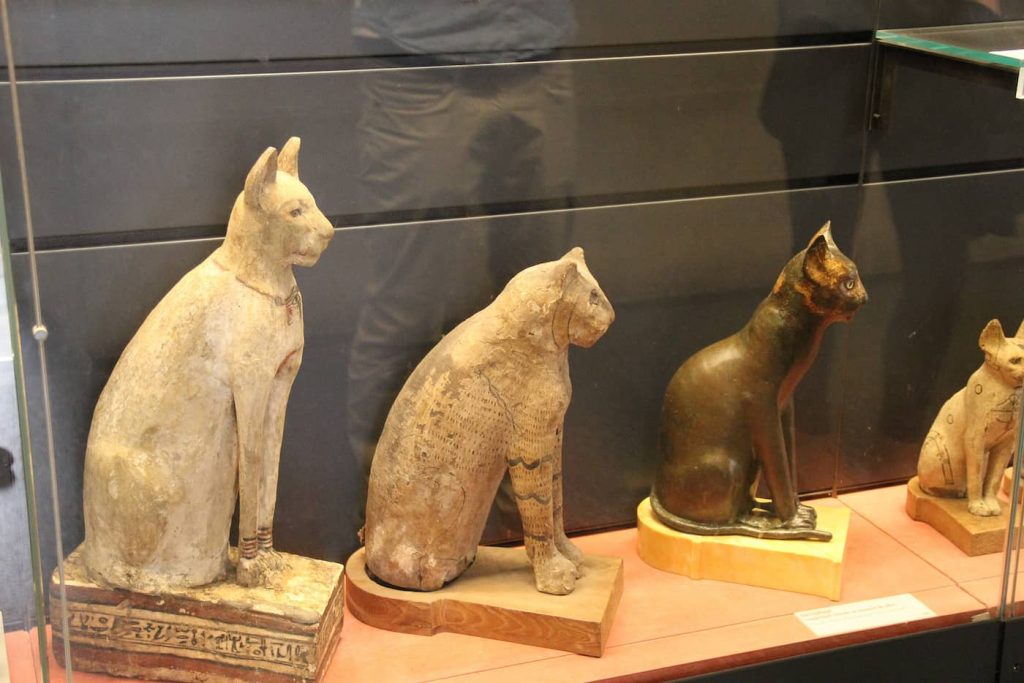
Ancient Egypt Cat
- Toothpaste originated in Egypt more than 5000 years ago.
- Cairo receives its nickname ”the city of a thousand minarets” because it contains numerous mosques.
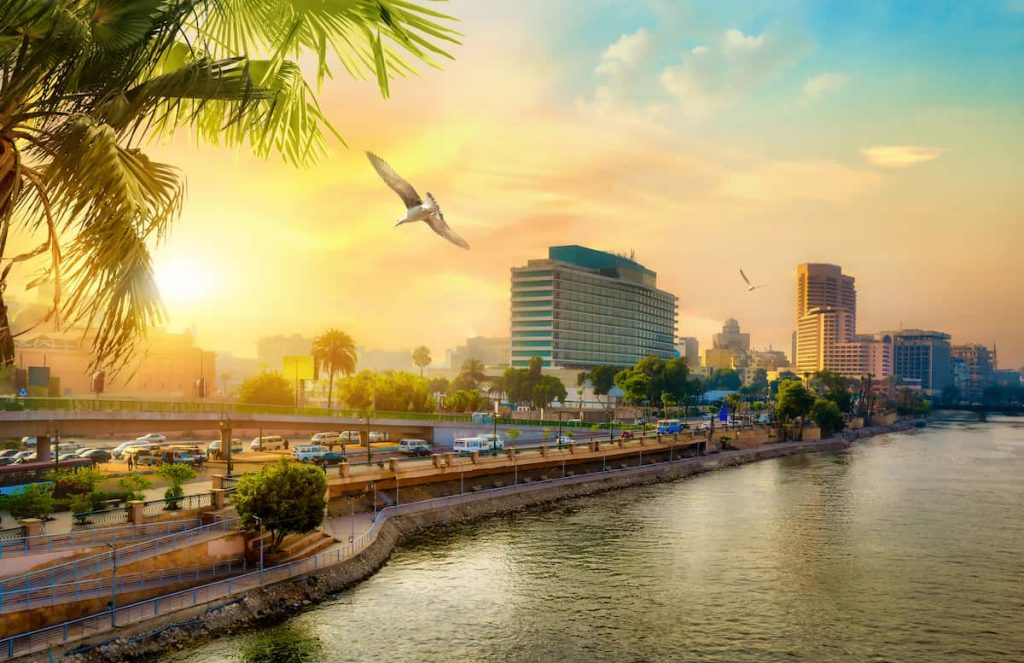
Cairo City
-
The Suez Canal operates as a vital water passage that links the Mediterranean Sea to the Red Sea while maintaining its position as one of the busiest maritime channels worldwide.
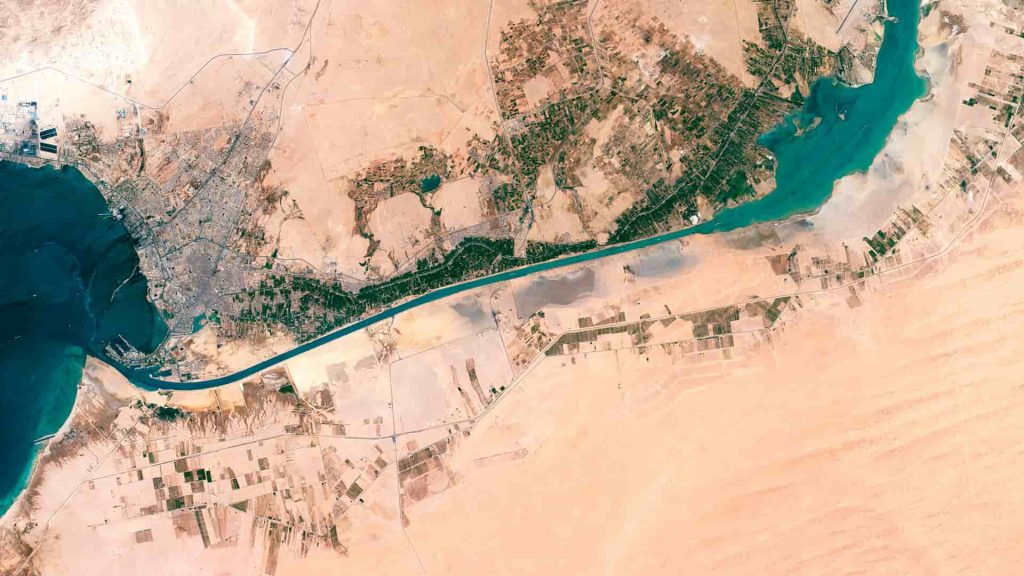
Suez Canal, Egypt
- The people of Egypt eat bread as their main food source, with baladi and feteer being two of their traditional bread varieties..
- Taxi drivers in Egypt do not have meters, so you should negotiate the fare with them in advance.
- Tea remains a deeply cherished beverage in Egypt, where people consume it in its black form with added sugar.
- The holy month of Ramadan transforms the rhythm of life throughout the entire country.

Ramadan
- Some desert communities maintain camel racing as their traditional sport.
- New Cairo stands as a modern city that expands rapidly while providing visitors with a distinct experience compared to historic Cairo.
- The Red Sea coral reefs serve as globally recognized destinations for both diving and snorkeling activities
- The official language of the country is Arabic, yet English serves as a common language for tourists.
- Belly dancing started in Egypt, where it maintains its status as an energetic artistic expression.
Five Facts About Egypt for Kids
The land of Egypt presents an exciting experience for children who study it. The following five interesting facts about Ancient Egypt will appeal to young readers:
1- Hieroglyphics were pictures that stood for words or sounds in Ancient Egypt.
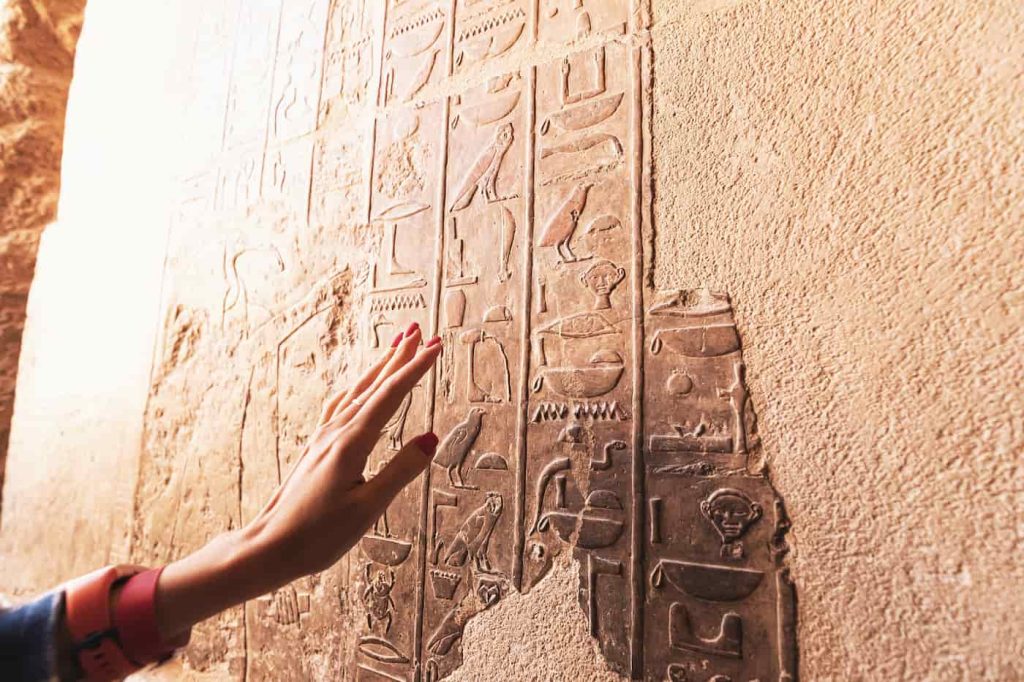
hieroglyphics
2– King Tutankhamun obtained the pharaoh title at the age of nine.
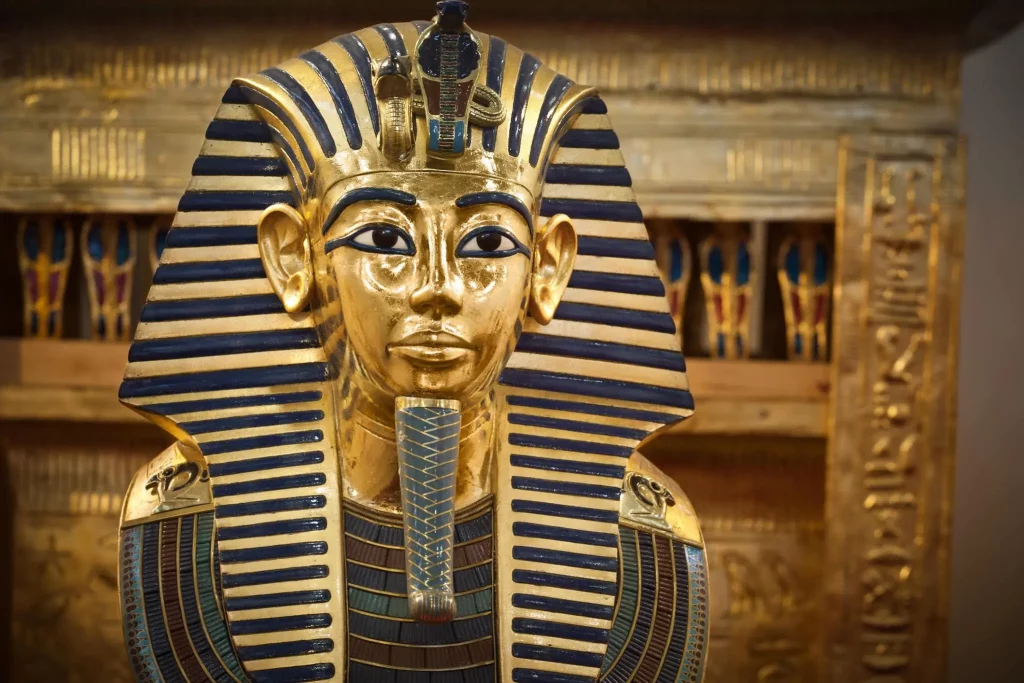
Tutankhamun
3- The Nile River is the longest river in the world.
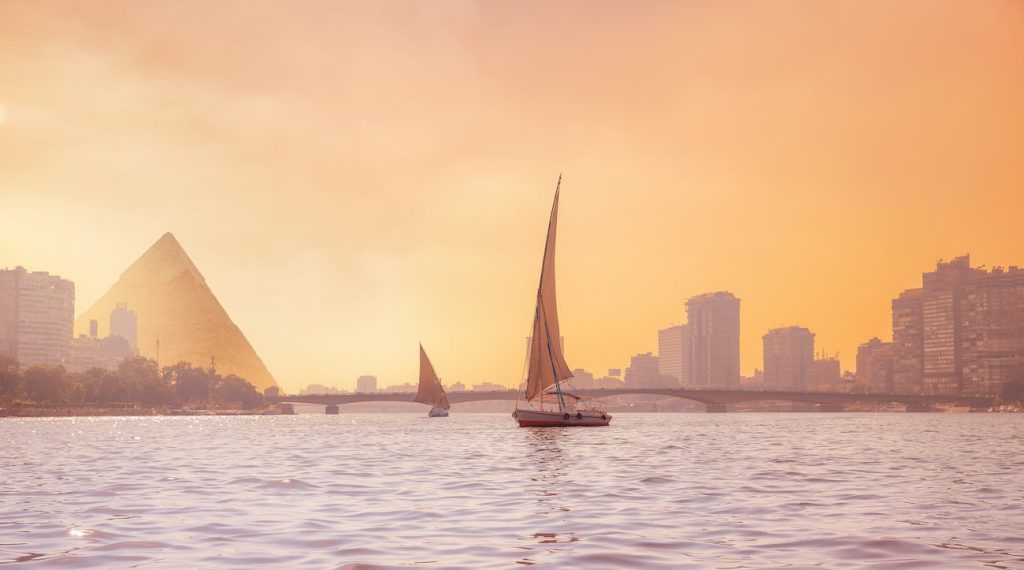
Sunset river Nile
4- The Great Sphinx of Giza is a statue with the body of a lion and the head of a man.
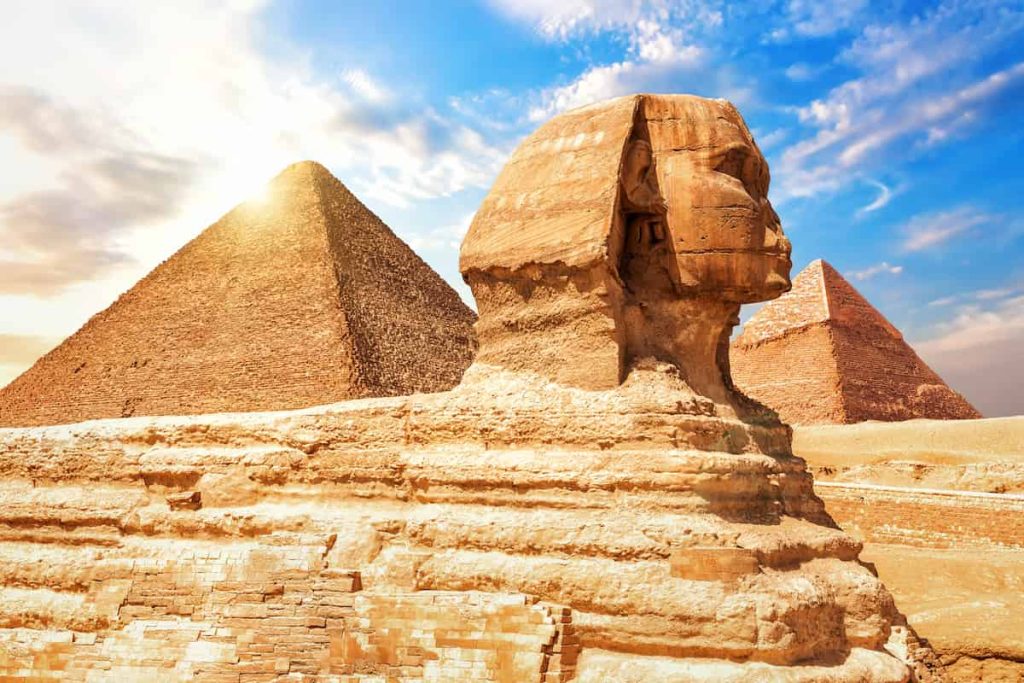
The Great Sphinx
5-Ancient Egyptians played Senet, which stands as one of the oldest known games in the world.
The children of that time enjoyed playing with dolls and balls as well as animal figures. Children used wooden boards coated with wax to learn writing skills, while others performed household duties or worked in agriculture.
Why Is It Called Egypt and Not Misr?
This is a common question. People who live in Egypt use Misr (pronounced like “Mis-er“) to refer to their nation when speaking in Arabic. But internationally, it is known as Egypt. Why the difference?
The Greek origin of the name “Egypt” comes from the word Aigyptos during Ancient Greek times. The Hwt-Ka-Ptah temple in Memphis served as the source of the name, which means “House of the Spirit of Ptah.”
The name ”Egypt” evolved through language changes and imperial transitions from Latin into the English term ”Egypt.”
“Misr,” on the other hand, has been used in Arabic and Islamic culture for centuries. The term “Misr” serves as a word for “country” or “civilization” and appears in ancient Islamic texts and the Quran. Egyptians use Misr as their common term to describe their nation in their everyday conversations.
Some historians support the theory that “Misr” originates from ancient Semitic roots. Both names possess extensive historical significance through their origins.
15 Interesting Facts About Ancient Egypt
The world witnessed the emergence of Ancient Egypt as one of its earliest powerful civilizations. Generally, the civilization lasted for more than 3000 years while building remarkable architectural achievements and making groundbreaking discoveries, and fascinating narratives. This collection of 15 historical facts brings ancient Egypt to life.
- Most historians agree that paid workers constructed the pyramids instead of slaves.
- Women in Ancient Egypt possessed various rights, which included land ownership and business operation.
- Pharaohs displayed fake beards as power symbols, which both male and female rulers wore.
- The first peace treaty between Egypt and the Hittite Empire emerged after the Battle of Kadesh.
- The ancient Egyptians used moldy bread as an early medical treatment for wounds.
- People from both genders applied makeup as a protective measure against sun exposure and insect bites.
- The 365-day calendar, which we use today,y originated from Ancient Egyptian timekeeping systems.
- Gold held divine status as the gods’ skin, so many mummies received gold coverings.
- The Book of the Dead functioned as a guide that directed individuals during their afterlife journey.
- Some regions in Egypt worshipped crocodiles as sacred animals, particularly near the Nile River.
- Doctors specialize in different parts of the body, such as teeth or eyes.
- A recorded labor strike took place in Egypt during the rule of Ramses III, which stands as the first documented strike in history.
- The heart served as the central organ for thoughts and emotions according to their beliefs, instead of the brain.
- Some tombs contained written curses that served as protection against grave robbers.
- The Rosetta Stone enabled contemporary scholars to decipher Egyptian hieroglyphs.
Discover What Makes Egypt Unique
Egypt stands as a destination that has no equal in the world. The natural blend of ancient history and modern life exists in Egypt. You can witness a 4,000-year-old pyramid in the morning before enjoying mint tea at a busy Cairo café during the afternoon. The unique blend of ancient and modern elements, with desert landscapes and riverfront, and traditional customs and vibrant energy, makes Egypt an unforgettable destination. The Nile River runs through the center of Egypt, while each urban center shares its own distinct narrative. The genuine hospitality of Egyptian people distinguishes Egypt from all other destinations. Travelers experience more than a visit to Egypt because they receive a genuine welcome from the locals. Such experiences are extremely difficult to find.
Conclusion:
Egypt exists beyond geographical boundaries because it carries an abundance of historical tales and enigmatic secrets, and astonishing marvels. The Nile River and pyramids, together with ancient texts and contemporary urban areas, make Egypt a destination that suits every interest. Generally, Egypt provides an unmatched travel experience to anyone who is curious about history or planning their next journey, or simply loves to learn. Also, the information you have learned includes Egypt’s geographical features and cultural aspects, together with its ancient historical sites and interesting facts suitable for people of all ages. Are you prepared to witness it firsthand? Prepare your luggage and plan your journey because you will soon explore the pharaonic and pyramidal land.

